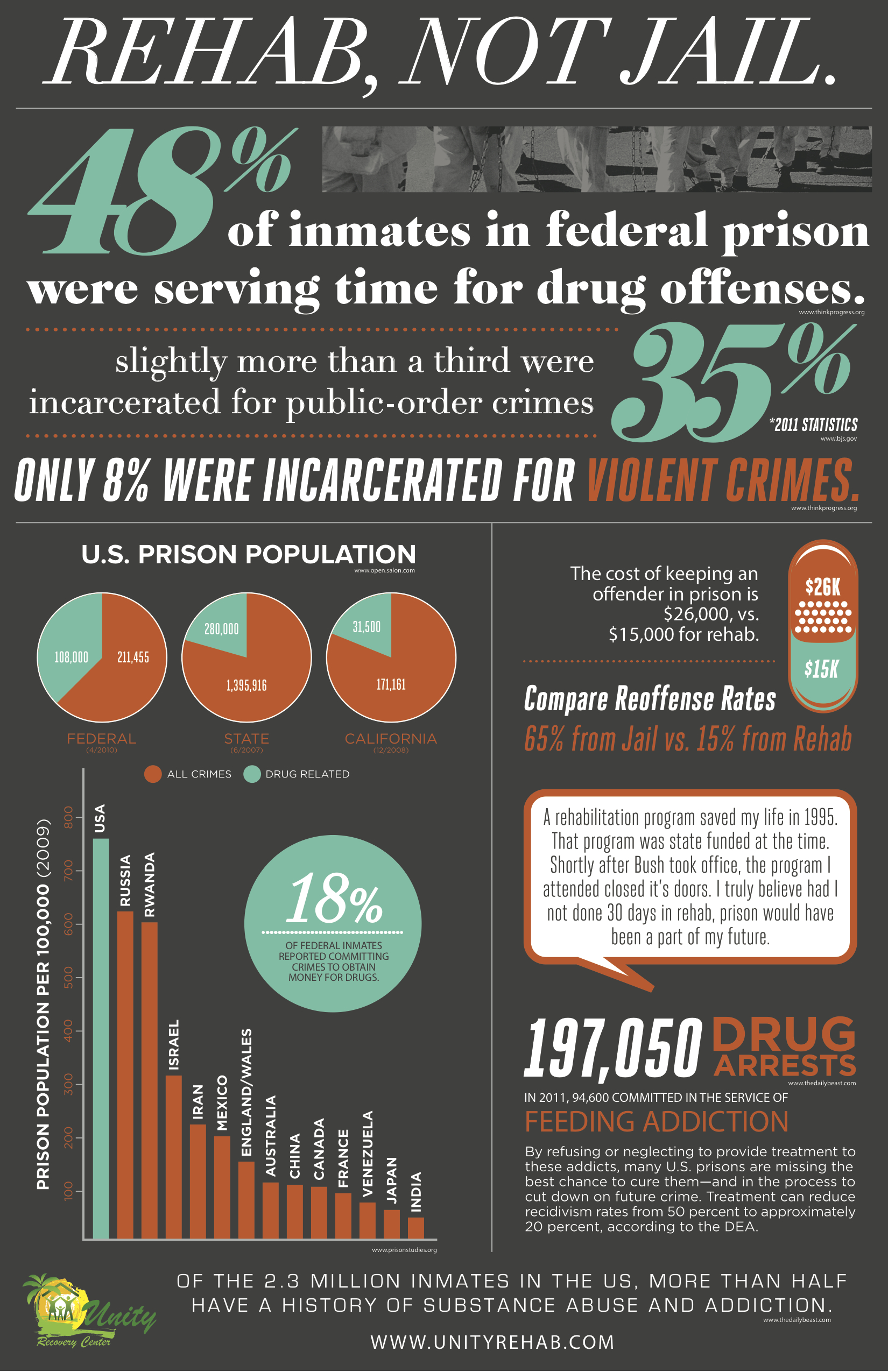Discover How To Build A Strong Aftercare Strategy After Drug Rehab And Achieve Long-Lasting Success
Discover How To Build A Strong Aftercare Strategy After Drug Rehab And Achieve Long-Lasting Success
Blog Article
click here for info Produced By-Brandt Mack
You've completed drug rehabilitation, and currently it's time to create a successful aftercare plan to guarantee your lasting recovery.
Image this: you're an individual identified to stay clean and construct a satisfying life. This post will certainly guide you with recognizing continuous support systems, integrating treatment and therapy, and developing healthy coping mechanisms.
With these techniques, you'll be geared up to prosper in your trip of sobriety.
Let's begin.
Identifying Ongoing Support Equipments
You must determine at the very least 3 recurring support systems to ensure a successful healing after drug rehabilitation.
The initial support system is your friends and family. They can provide emotional support, support, and aid you remain liable. They can likewise give a secure and understanding setting where you can share your battles and triumphes.
The 2nd support group is your specialist or therapist. They can assist you overcome any underlying issues that may have added to your addiction and give guidance on exactly how to avoid relapse. They can likewise show you coping mechanisms and healthy and balanced ways to take care of stress and anxiety.
The third support system is a support system or a sober area. Being bordered by others who are experiencing similar experiences can be incredibly advantageous. They can offer a feeling of belonging, recognizing, and deal valuable suggestions and assistance.
Incorporating Therapy and Therapy
To achieve an effective healing, it's important for you to actively take part in therapy and therapy sessions, along with include them into your ongoing support group. By doing so, you can make the most of the advantages of these treatment methods and boost your possibilities of maintaining long-lasting sobriety.
Here are some vital reasons incorporating treatment and therapy right into your aftercare plan is important:
- ** Emotional Support: ** Therapy and counseling offer a secure area for you to share your ideas, feelings, and battles related to your addiction. It enables you to work through any kind of unsettled problems and create healthy coping devices.
- ** Fall back Avoidance: ** These sessions furnish you with the needed devices and approaches to avoid regression. They help you determine triggers, create coping abilities, and establish a solid structure for taking care of yearnings and stress.
- ** discover this : ** Treatment and counseling help with personal development and self-discovery. They assist you gain understanding right into the underlying sources of your addiction, boost self-confidence, and develop healthier relationships.
Establishing Healthy And Balanced Coping Systems
Throughout treatment and therapy sessions, it's vital to proactively work on establishing healthy coping mechanisms in order to effectively handle anxiety and difficulties.
You need to determine and understand your triggers, those points that cause you distress or anxiousness. By recognizing these triggers, you can develop techniques to handle them in a healthy method. This might involve exercising deep breathing workouts, engaging in exercise, or locating a creative outlet to express your emotions.
https://www.pewtrusts.org/en/research-and-analysis/fact-sheets/2020/12/medications-for-opioid-use-disorder-improve-patient-outcomes is necessary to also border on your own with a solid support group of friends and family who can give motivation and support.
Additionally, self-care tasks such as getting sufficient sleep, consuming well, and practicing relaxation methods can considerably add to your general health.
Conclusion
In the journey in the direction of healing, developing a successful aftercare strategy resembles often tending to a delicate garden. Just as a gardener supports each plant with care and interest, so also have to one grow recurring support systems, include treatment and therapy, and establish healthy and balanced coping systems.
By doing so, the seeds of recovery will blossom into a growing garden, supplying a strong structure for a brighter, drug-free future.
